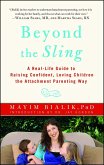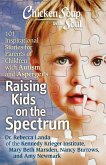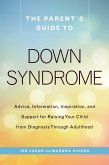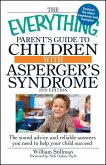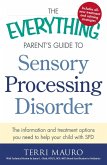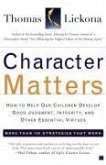Parents have an important task: figure out who their child ishis or her skills, preferences, beliefs, values, personality traits, goals, and directionget comfortable with it, and then help them pursue and live a life according to it. Yet parents also want their kids to be independent, but not if they are going to make bad choices. They want to avoid being too overbearing, but not if an apathetic kid is what they have to show for it. They want to have a good relationship with their kids, but not if that means being a pushover. They don't want to scream, but they do want to be heard. Good parenting is about striking the balance between a child's characteristics and a parent's desire to have influence.
Dr. Ross Greene makes a powerful case for rethinking typical approaches to parenting and disciplining children (The Atlantic). Through his well-known model of solving problems collaboratively, parents can forgo timeout and sticker charts; stop badgering, berating, threatening, and punishing; allow their kids to feel heard and validated; and have influence.
From homework to hygiene, curfews, to screen time, Dr. Greene arms parents with guidelines that are clear, doable, and sure to empower both parents and their children (Adele Faber, coauthor of How to Talk So Kids Will Listen). Raising Human Beings is inspirational...a game-changer for parents, teachers, and other caregivers. Its advice is reasonable and empathetic, and readers will feel ready to start creating a better relationship with the children in their lives (Publishers Weekly, starred review).
Dieser Download kann aus rechtlichen Gründen nur mit Rechnungsadresse in A, B, BG, CY, CZ, D, DK, EW, E, FIN, F, GR, HR, H, I, LT, L, LR, M, NL, PL, P, R, S, SLO, SK ausgeliefert werden.




